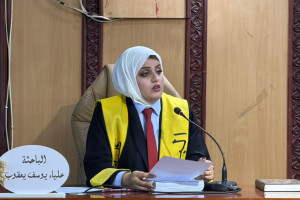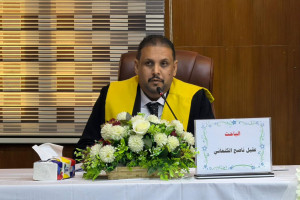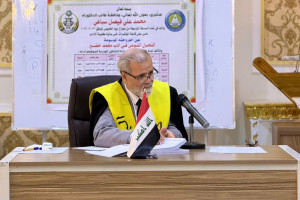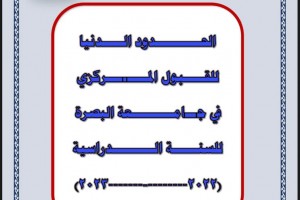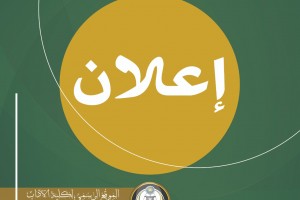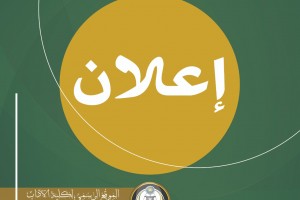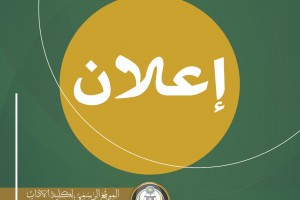

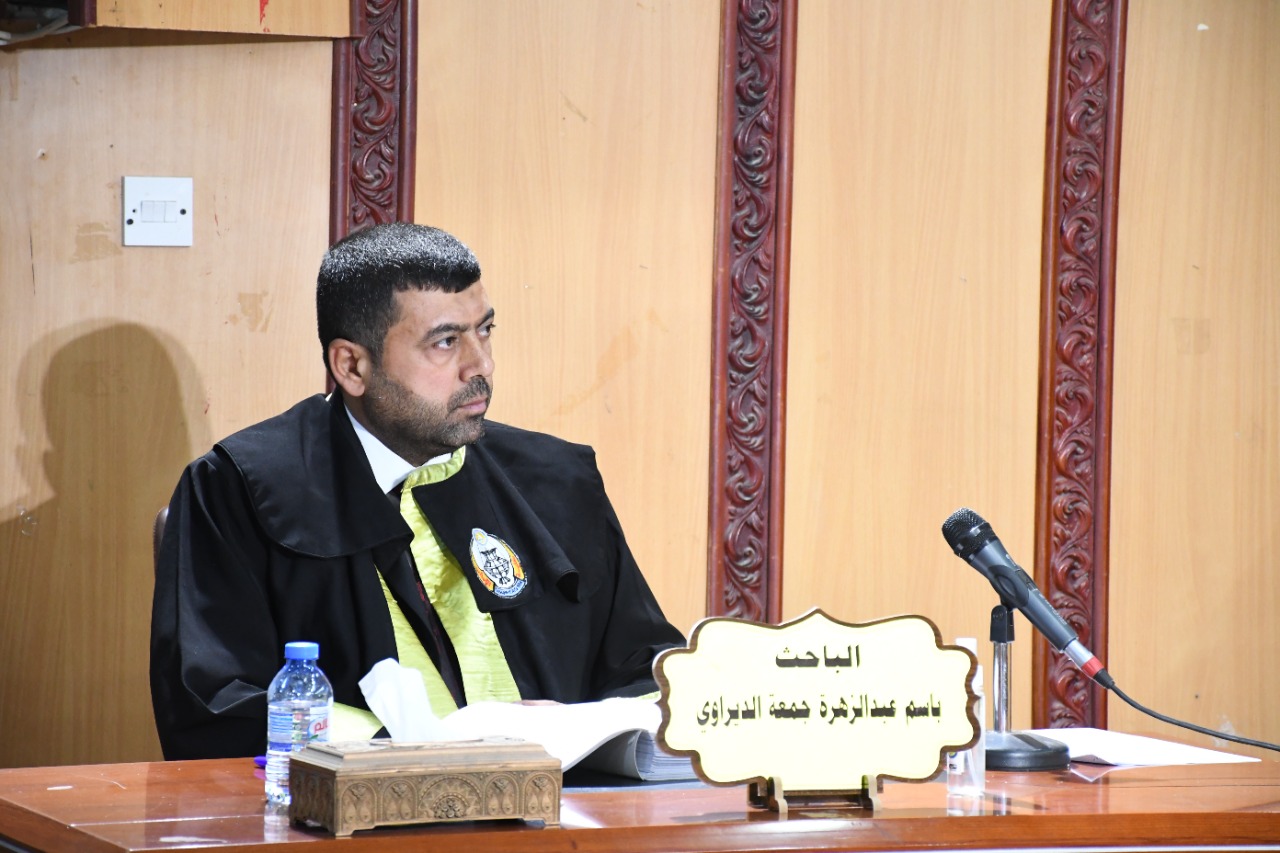
On Sunday morning, 13/2/2022, a master thesis entitled (Ikrima al-Barbari, 107 AH, and His Role in the Intellectual Movement), was discussed at the Department of History at the College of Arts / University of Basrah.
The thesis presented by the student Bassem Abdel-Zahra Gomaa included three chapters. The first chapter discussed his social and scientific life, the second chapter dealt with his role in religious sciences, and the third chapter included his role in historical narratives.
The thesis aims to get acquainted with Ikrima's social and scientific life and his role in religious sciences and historical narratives.
The thesis concluded that there is no dispute about the name of Ikrima and his nickname, but his ancestry is not known after (Ikrimah bin Abdullah Al-Barbari), and this is only what was mentioned in all the sources that dealt with him. He remained a slave of Abdullah bin Abbas until the latter’s death 68 AH, then he was freed by his son, Ali bin Abdullah bin Abbas. It turns out that there is ambiguity in his marriage to Umm Saeed bin Jubayr, because the sources did not mention who that woman is and what her name is even in the translation of Saeed bin Jubayr? And when did he marry her?. There was also mystery surrounding Ikrima, because the sources only mentioned a woman called Umm Dawud, who was said to be his daughter. It turned out that he was persecuted by the Umayyads, because of his adoption of the opinion of the Kharijites who are hostile to the authority.
It became clear that the most prominent sheikh of Ikrima was Abdullah bin Abbas, an Ikrima was a student at the hands of a second figure, Najda bin Amer Al-Harouri, the leader of the Najdi sect of the Kharijites who Ikrima had a role in spreading his thought in Morocco. There was a discrepancy in the opinions of the scholars of the wound and the modification in the character of Ikrima between his wound and his modification. It was clear that Ikrima was the only one who claimed that the verse of purification was not revealed in the five Ashab Al-Kisaa and he was trying in various ways to dismiss the Qur’anic verses that pertain to Ahl al-Bayt (peace be upon him) from them.

